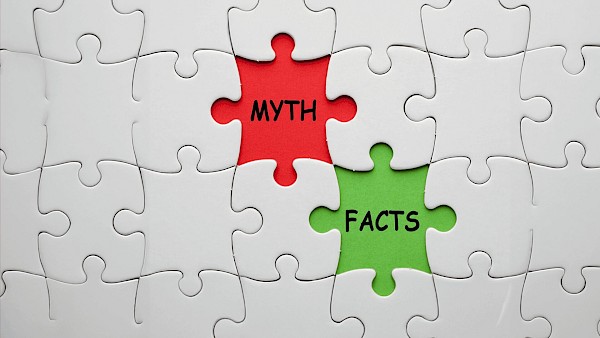Episode transcript The transcript is generated automatically by Podscribe, Sonix, Otter and other electronic transcription services.
soft_skills_pmbok7_en-EDIT.mp3
Transcrever
Hi everyone, here is Ricardo Vargas, and this is the 5 Minutes Podcast. Today, I'd like to discuss with you one comment I received in my PMBOK 7th Edition video on YouTube and the person asked: Ricardo is the PMBOK 7 now given and putting soft skills or power skills, if you want to call using the name that PMI adopts for that, at the center now? So, this is the main difference between the PMBOK 6th and 7th editions and what is important for us to highlight. First, if I go back to the beginning of my career in project management when I saw for the first time the PMBOK guide, it was published in 1996, this was the 1st version I saw in my life. And it was very process-based, I would say, like a glossary definition of a guide. However, PMI published at the same time three brilliant books about human resources and communications published by my dear colleague Vijay Verma, a fellow of PMI, and these three books were the reference on how I started understanding that the role of the project manager, is far more than just making schedules and this, and it's deeply rooted in soft skills. So, just to start, soft skills are required in our key for you to be successful as a project manager since ever, period. Now, let's talk about the PMBOK 7th edition and why this could be perceived. First, let's remember PMBOK 7th edition for those who are trying to understand for the exams or PMP or CAPM exams, let's be clear here. PMBOK 7th edition is very different from the 6th edition because it's a principle-based approach. So, it's much more holistic, and just by being holistic, it's clearly much easier for you to grasp and understand because principles are much easier than, I would say, communication plan the recruitment. You know, and this is very different, and we need to be aware of that. So, when we see principles like leadership stewardship values like a team like handling complexity, for example, adaptability, all of they are deeply rooted in human behavior, so the difference now is that the PMBOK guide to make clear these statements and to make clear that people will understand and understand that managing a project is not something that you do buy the book because it's impossible, it's a book that you need to start writing it while you read it. So, it's like you read the page, and people are writing the next page. This is how we manage, and these soft skills are now highlighted in an easier way for people to grasp but do not go into this myth that, OK in the past in the past, maybe people had this perception but failed in projects due to the lack of your human capability, your soft and power skills capability, they exist, oh my god, if we go back to the pyramids we will find this kind of behavior there. So always think about this. So, try to understand that it's not because the PMBOK 7 is highlighting this more now that it was not important in the past. It's just the way it's presented. Remember, the PMBOK guide is great, and you know I'm a big fan. But it's not everything. It's not the food knowledge around project managers; there are hundreds, hundreds, or thousands of publications, research, and life experiences that show and corroborate that soft skills are absolutely critical. In a key part of project management since ever and not since the PMBOK 7th edition. So, I hope you enjoy this podcast and see you next week with another 5 Minutes Podcast.

